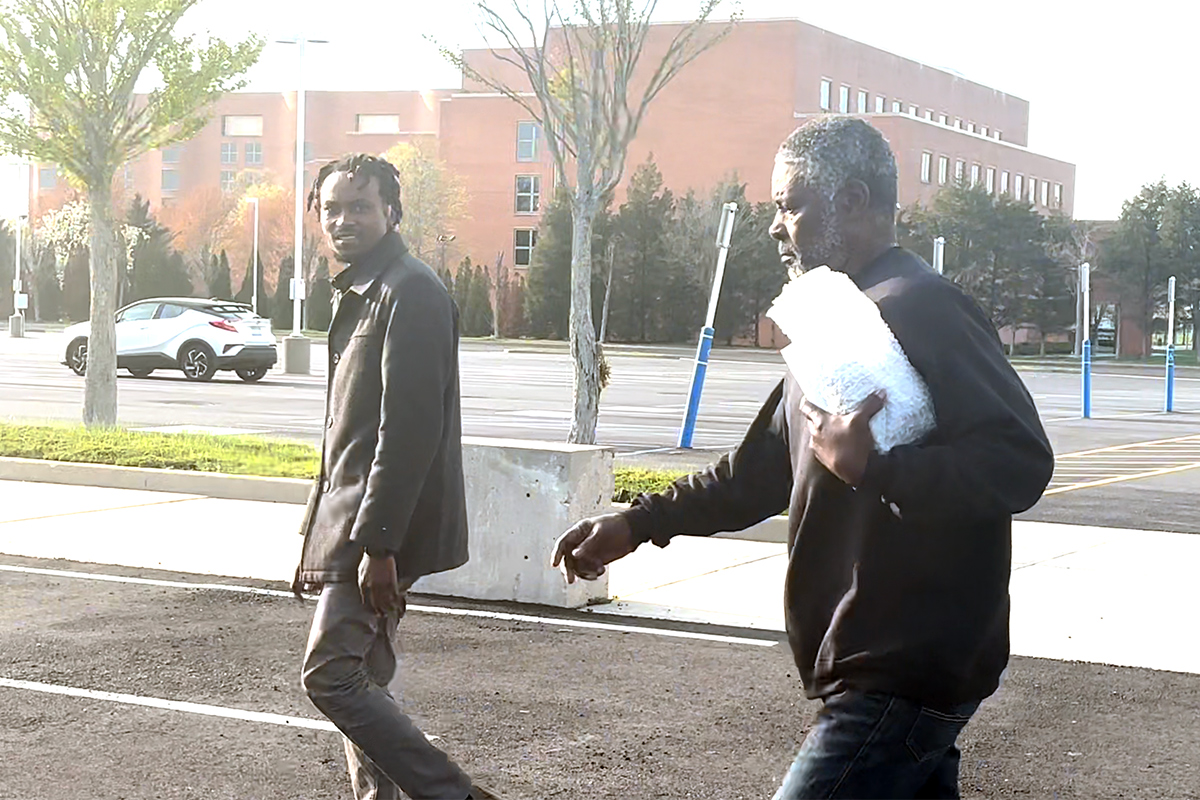By Sean Acosta
While it’s usually a good thing to be on a Top 10 list, the fact that Nassau County ranks fourth on the list of highest property taxes in the country makes homeowners cringe. Suffolk County is slightly better, ranked at 12th.
Now the unprecedented Covid-19 pandemic and its devastating economic ramifications have created another cause for concern. According to a recent Newsday article, Nassau and Suffolk County homeowners may be facing property tax increases as high as 60 percent in 2021, as counties grapple with budget deficits stemming from the coronavirus pandemic.
The Covid-19 pandemic has punched a hole in all county and local municipality budgets, and it will fall on the shoulders of homeowners to plug that hole. This means bracing for a property tax increase.
Wading into the world of tax assessment, market values, and tax grievances may have you shaking your head. Sure, we all know what property taxes are, but how are they calculated and how can I challenge my assessment and get them lowered?
WHAT IS A PROPERTY TAX ASSESSMENT?
Your property’s assessment is one of the factors used by your local governments and school district to determine the amount of your property taxes. A property’s assessment is based on its market value.
WHAT IS MARKET VALUE?
Market value is the price at which a property would sell if offered for sale under ordinary circumstances. Market value is usually determined by comparison with similar homes.
WHAT DETERMINES THE AMOUNT OF A PROPERTY TAX BILL?
To calculate the amount you pay in property taxes, multiply your property’s assessment (your assessment minus any exemptions) by the tax rates issued by your school district, municipalities, counties, and special districts. Your tax bill can change each year due to changes in your school district or local government budgets, revenue, total assessed value, and tax rates.
Changes in your assessment or exemptions can also impact your tax bill.
Property tax bills: Tax bill calendars differ in different counties, as well as in some cities.
Rather than receiving tax bills, those who have their property taxes held in escrow receive receipts.
As a homeowner, you are entitled to file a Property Tax Grievance. A Property Tax Grievance allows your assessment to be reviewed by the Assessor to see if a reduction is warranted. If the Assessor does not reduce your assessment, an appeal can be filed to have an impartial hearing officer determine if your house is overvalued for tax purposes.
As the founder and CEO of Property Tax Reduction Consultants, I’m an expert on property tax reductions. I’ve successfully handled more than 335,000 property tax assessment challenges over the past 30 years in business, saving hard-working homeowners millions of dollars.
While there has always been a path to property tax relief through the tax grievance process, it has never been more critical than now. The ability to hold on to your home and ride out these tough economic times will demand that you do all that you can. That means scrutinizing your tax bill for accuracy and considering challenging your property taxes.

































